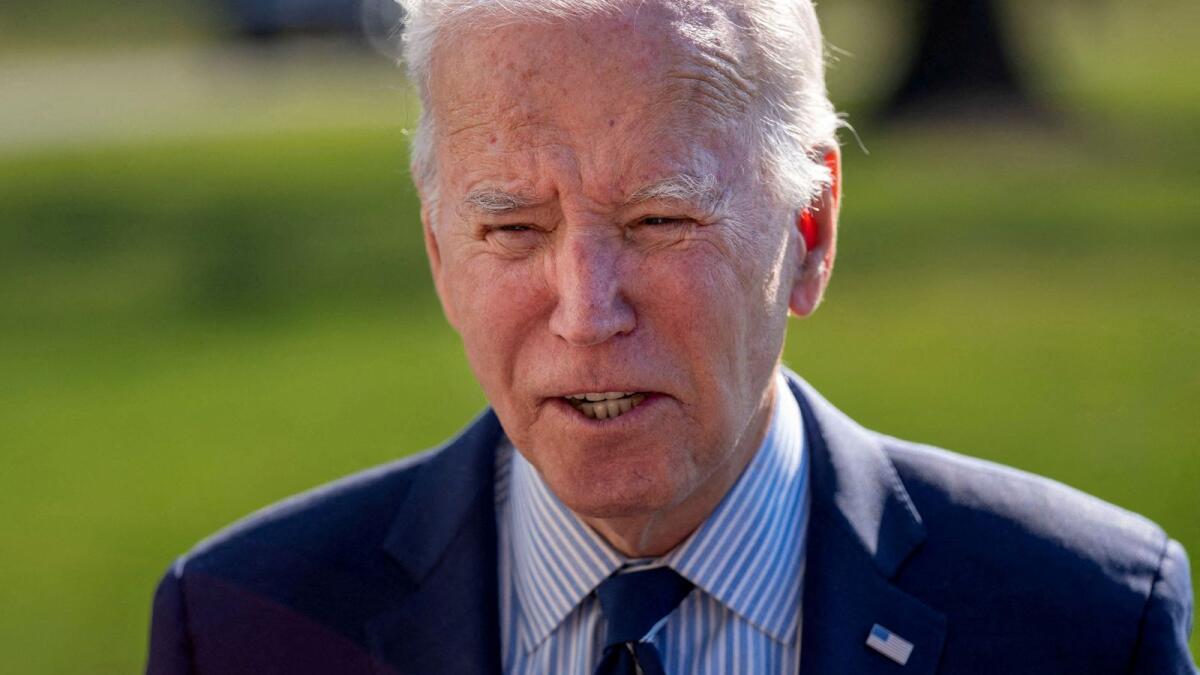President Joe Biden has taken a sceptical approach towards corporate mergers since assuming office, appointing individuals like Lina Khan and Jonathan Kanter to broaden the scope of government antitrust oversight. This approach has caused some concern among dealmakers due to added costs associated with heightened scrutiny, but Khan and Kanter have argued that they have successfully prevented problematic deals. As Biden’s presidency winds down, the future of antitrust enforcement and dealmaking is a topic of speculation, particularly in light of the upcoming elections involving Vice President Kamala Harris and former President Donald Trump.
A potential return of Donald Trump to the White House is expected to result in less antitrust enforcement and more dealmaking compared to a Harris victory, but the landscape is far from certain given the makeup of today’s Republican coalition. Some members of Trump’s coalition have expressed support for Khan, complicating predictions on the future of antitrust policy. While a Wall Street banker predicts a Trump win would be beneficial for dealmaking, concerns remain over the possibility of a renewed US-China trade war impacting business dynamics.
Biden’s adversarial tone towards dealmaking has been evident since the early days of his presidency, with his executive order in July 2021 promoting competition and advocating for tougher antitrust enforcement. The appointment of Lina Khan served as a clear signal to the business world, especially tech companies, given her past critique of antitrust enforcement in relation to workers and market competition. Khan and Kanter have made strides in addressing these issues through litigation wins, but setbacks have also been experienced in cases like Microsoft’s acquisition of Activision Blizzard.
Despite Biden’s rhetoric on antitrust enforcement, some critics point to data indicating fewer lawsuits filed by the current FTC commission compared to predecessors, suggesting that the administration’s enforcement efforts may not align with the intended goals. CEOs now consider the risk of antitrust enforcement early on in deal considerations, leading to increased caution and scrutiny of potential transactions. Additionally, the American Investment Council has criticized proposed changes to pre-merger notification disclosures, stating that these changes could slow down the economy and impact consumers.
The next administration will have to make decisions on various pending lawsuits against tech giants and whether to uphold policies proposed by the Biden administration. This includes the 2023 merger guidelines that would require adoption by US courts to have significant impact. The future of antitrust enforcement and dealmaking will depend on the outcome of the upcoming elections and the approach taken by the next administration towards business policies. Amidst uncertainties, industry players are evaluating their strategies and weighing the risks associated with potential shifts in antitrust regulations.










